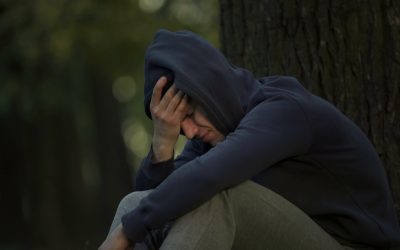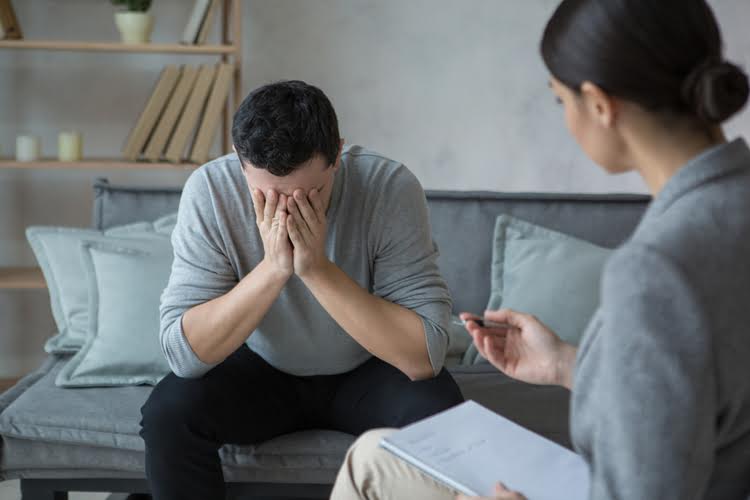We have developed the most widely referenced national standard for the operation of recovery residences. NARR and these organizations collectively support over 25,000 persons in addiction recovery who are living in over 2,500 certified recovery residences throughout the United States. (a) A provider shall coordinate with other existing providers in its services to render care to the individuals in recovery residence/residential substance use disorder service program as set forth in the program requirements.

“License” means the document issued by the Bureau authorizing the residential substance use disorder service program to operate. “Fixed site” means a building or single location where residential substance use disorder services are provided. “Core services” means the primary services a substance use disorder service program undertakes in order to service its clients. They must have a kitchen where people can cook, a place for sharing meals, and a communal space, like a living room.
Peer Review & Accountability
Our vision is adequate housing for all individuals in recovery from a substance use disorder. To give providers and program participants access to high-quality recovery residences in San Diego County region. NARR was founded in 2011 by a group of organizations and individuals with deep recovery housing expertise, and a goal of developing and promoting best practices in the operation of recovery residences. VARR presents a collaborative voice for recovery residences throughout our Commonwealth and works to ensure that everyone in recovery is able to access programs that offer high quality recovery residences. “Substance use disorder service programs” are those programs aimed at assisting individuals who are suffering from substance abuse or withdrawal from the use of those substances. “Residential” means substance use disorder treatment services that are provided in a full or partial residential setting.
“Mobile site” means a location accessible by foot or vehicle that is not at a fixed indoor setting. A provider shall have a fixed site located in West Virginia in order to operate a mobile site in the state or have https://ecosoberhouse.com/ received an independent license to operate the mobile location. “Local health department” means a health department operated by local boards of health, created, established, and maintained pursuant to § et seq.
How N.H.’s housing crisis is affecting addiction recovery efforts
If you are a recovery residence operator and are interested in partnering with the NUWAY Recovery Foundation, contact us at RR@nuway.org to learn more. To bring expertise to the living environments focused on the whole-person approach to recovery. To provide ongoing training and support for members, program participants, and the community.

In order to be considered for renewal, the recovery residence/ residential substance use disorder service program must be in substantial compliance with the reporting requirements of this section. (a) An owner or operator of a recovery residence/residential substance use disorder service program who disagrees with the final administrative decision may, within 30 days after receiving notice of the decision, appeal the decision to the department’s board of review. The National Alliance for Recovery Residences (NARR) is a 501-c3 nonprofit organization dedicated to expanding the availability of well-operated, ethical and supportive recovery housing.
Registry of recovery homes
Experience working in recovery residence and/or quality management settings. Kim Bock is the executive director of New Hampshire Coalition of Recovery Residences. Her organization certifies recovery houses, and she explained why housing is so vital to recovery. All provide an environment free of alcohol and illicit drug use and are founded on social model recovery principles, but differ in bundled services as well as staffing and governance. (3) A plan to coordinate with the continuum of care, including the requirements set forth in this article. “Treatment and Rehabilitation Services” means emergent, outpatient, intermediate, or inpatient service and care.
- Recovery residences are privately-owned homes or complexes that provide housing for adults with a substance use disorder (SUD) or co-occurring disorder.
- Oxford House is a 47-year old model for democratically self-governing, financially self-supporting recovery residences for individuals with substance use disorders.
- Under general supervision, the incumbent will play a crucial role in ensuring the highest standards of safety, support, and services for individuals living in recovery residences across the Commonwealth of Virginia.
- They must have a kitchen where people can cook, a place for sharing meals, and a communal space, like a living room.
Compliance is affirmed through submission of extensive documentation, annual onsite inspections, participation in sponsored training, and events and responsiveness to all reported concerns and/or grievances. VARR approved houses demonstrate adherence to a rigorous set of standards that is produced at the National level through NARR. Recovery residences support individuals by providing a safe living environment and readily available community of recovery-related social support.
